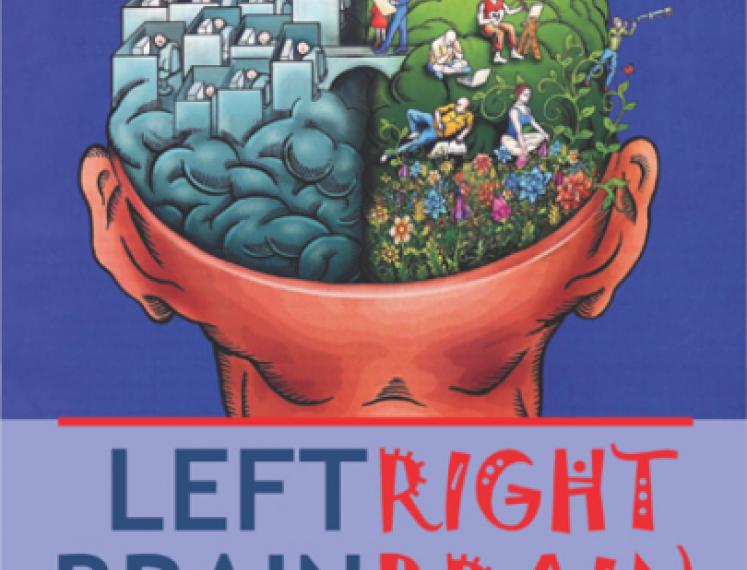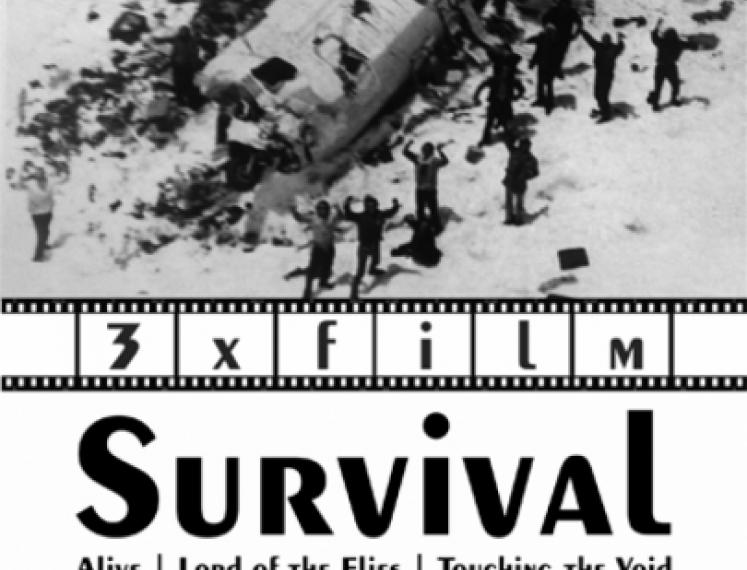The Divided Brain and the Unmaking of our World
The division of the brain originates from the need to pay two different types of attention to the world simultaneously, giving rise to two different versions of the world.
We now know that each hemisphere plays a role in everything the brain does: the old dichotomies do not hold. Most neuroscientists have therefore abandoned the attempt to understand why nature has so carefully segregated the hemispheres – despite a large, and expanding, body of evidence about their differences at every level.
On the basis of research in birds, animals and humans, Iain McGilchrist suggests that there is an evolutionary advantage to the division, originating in the need to pay two quite different types of attention to the world simultaneously. In human consciousness, these two modes of attention give rise to two different versions of the world, with different qualities, as well as different sets of preoccupations and values. The relationship between these two modes is asymmetrical, as is the brain that permits them to come into being. Both are necessary, but one of them sees less than the other, while nonetheless believing that it sees everything.
It is suggested that an understanding of the implications of this attentional divide may cast light on some of the ultimate metaphysical questions, such as the nature of our selves, our minds and bodies, and our relationship with the world.
Iain McGilchrist is a former Fellow of All Souls College, Oxford, a Fellow of the Royal College of Psychiatrists, and former Consultant Psychiatrist and Clinical Director at the Bethlem Royal & Maudsley Hospital, London. His latest book, published by Yale in November 2009, is The Master and his Emissary: The Divided Brain and the Making of the Western World.
Interesting links
Iain McGilchrist
Youtube The Divided Brain - RSA Animate
Book The Master and His Emissary: The Divided Brain and the Making of the Western World



